Plants
-
 Climate
ClimateAs ice retreats, frozen mosses emerge to tell climate change tale
Plants long entombed beneath Canadian ice are now emerging, telling a story of warming unprecedented in the history of human civilization.
-
 Life
LifeNanoscale glitches let flowers make a blue blur that bees can see
Bees learn about colorful floral rings faster when nanoscale arrays aren’t quite perfect.
By Susan Milius -
 Climate
ClimateDuring El Niño, the tropics emit more carbon dioxide
El Niño increases carbon emissions from the tropics — mimicking future climate change.
-
 Plants
PlantsJosé Dinneny rethinks how plants hunt for water
Plant biologist José Dinneny probes the very beginnings of root development, which may have important implications for growing food in a changing climate.
By Susan Milius -
 Animals
AnimalsPollen hitches a ride on bees in all the right spots
Flower reproduction depends on the pollen that collects in hard-to-reach spots on bees, a new study shows.
-
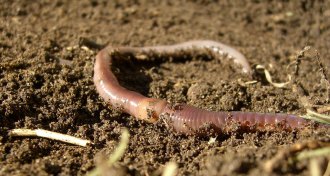 Animals
AnimalsInvasive earthworms may be taking a toll on sugar maples
Sugar maple trees in the Upper Great Lakes region are more likely to have dying branches when there are signs of an earthworm invasion, a new study finds.
-
 Life
LifeLight pollution can foil plant-insect hookups, and not just at night
Upsetting nocturnal pollinators has daylight after-effects for Swiss meadow flowers.
By Susan Milius -
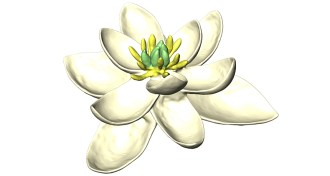 Plants
PlantsA new portrait of the world’s first flower is unveiled
A reconstruction of the first flowers suggests the ancient blooms were bisexual.
-
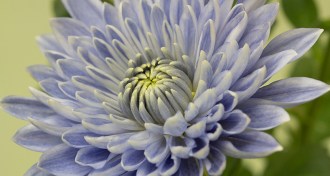 Plants
PlantsBorrowed genes give mums the blues
Scientists have genetically modified chrysanthemums to be “true blue” for the first time.
-
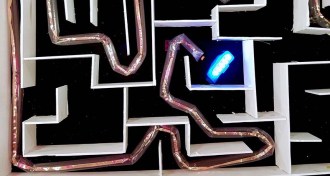 Tech
TechThis robot grows like a plant
A new soft robot navigates its environment by growing in a manner inspired by plants.
-
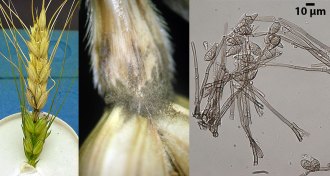 Genetics
GeneticsHow a crop-destroying fungus mutated to infect wheat
Study details how wheat got a new pathogen called blast fungus.
-
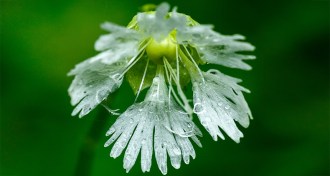 Plants
PlantsHermaphrodite wildflower has its own battle of the sexes
A new example of sexual conflict shows up in a plant with a troublesome pollinator.
By Susan Milius